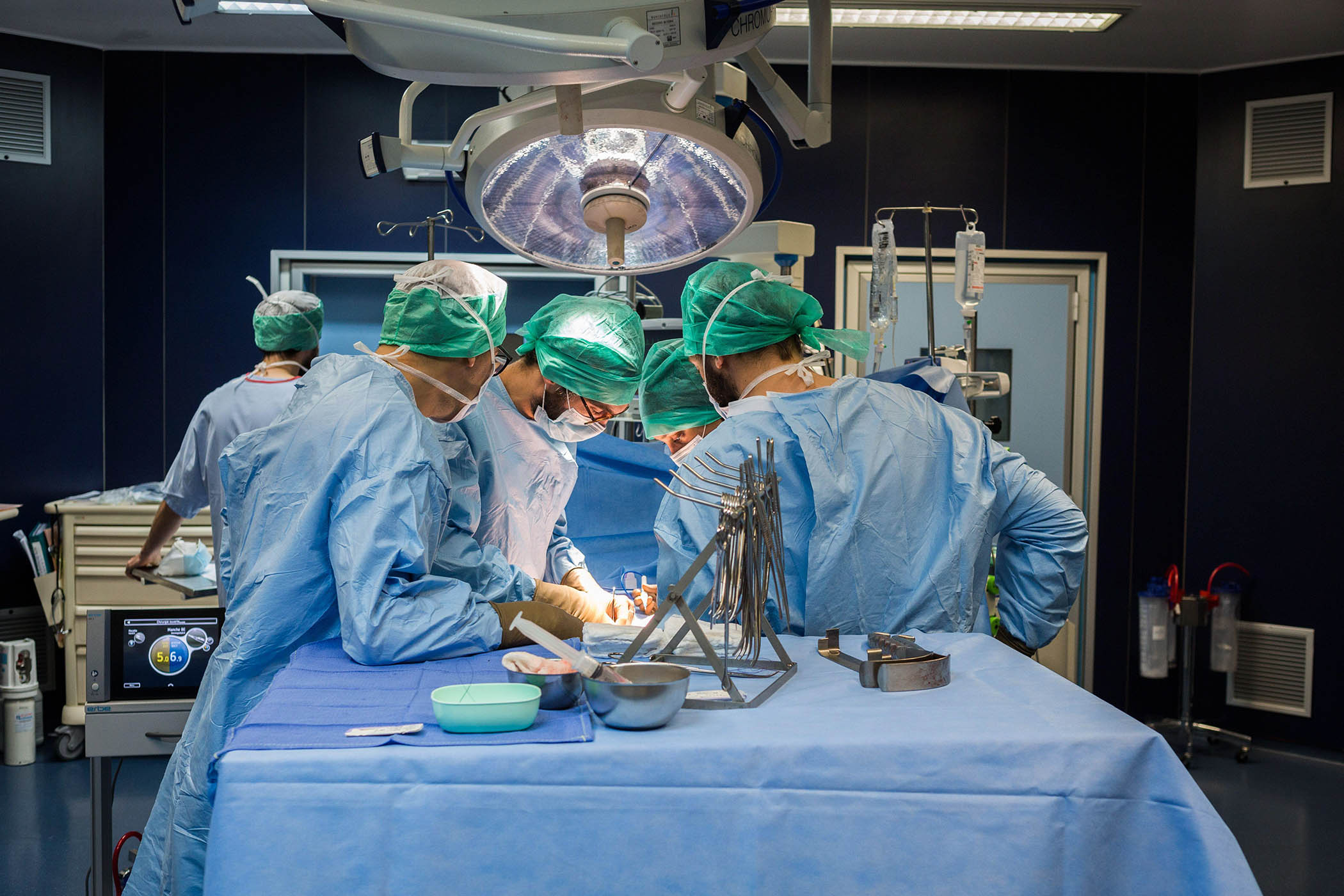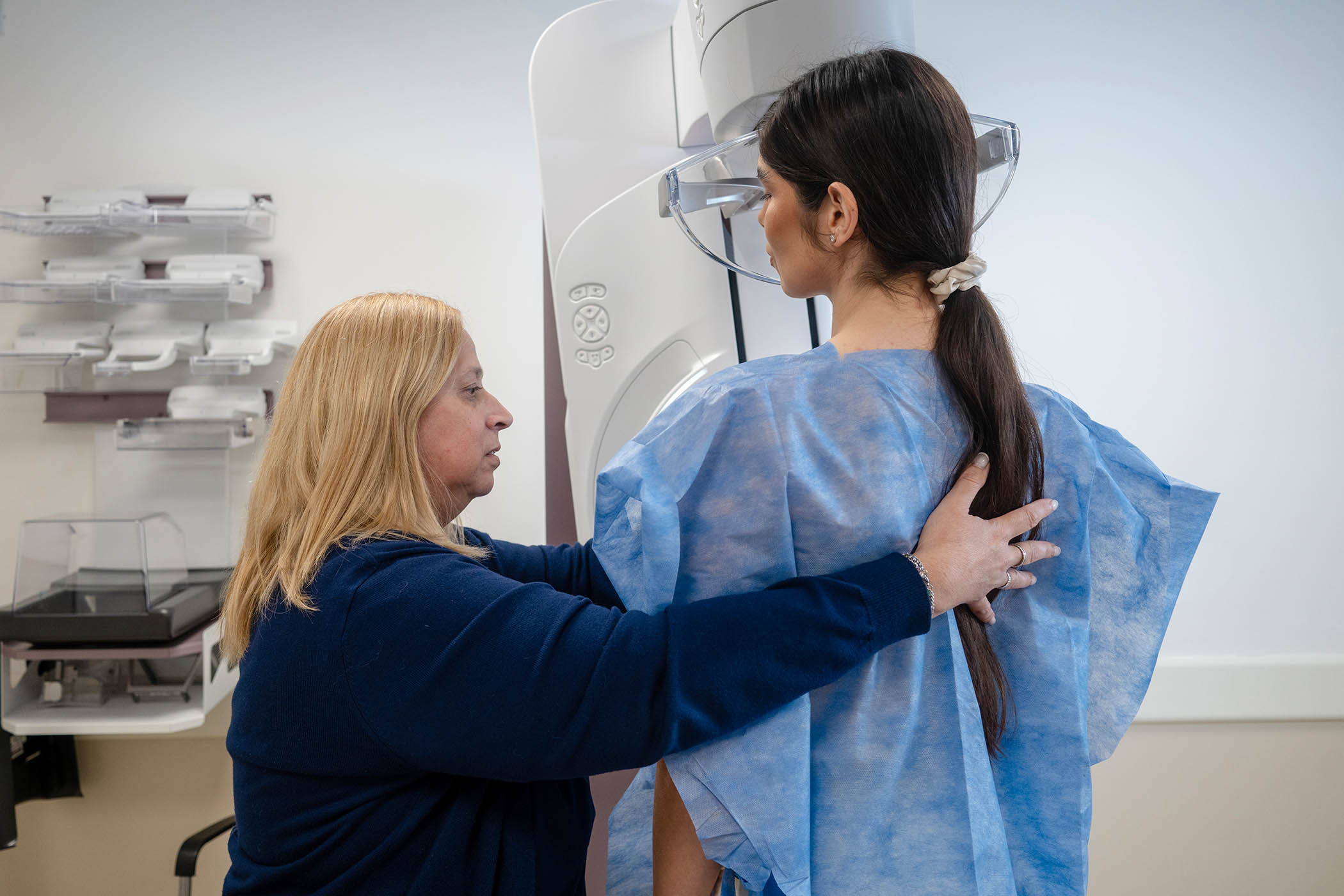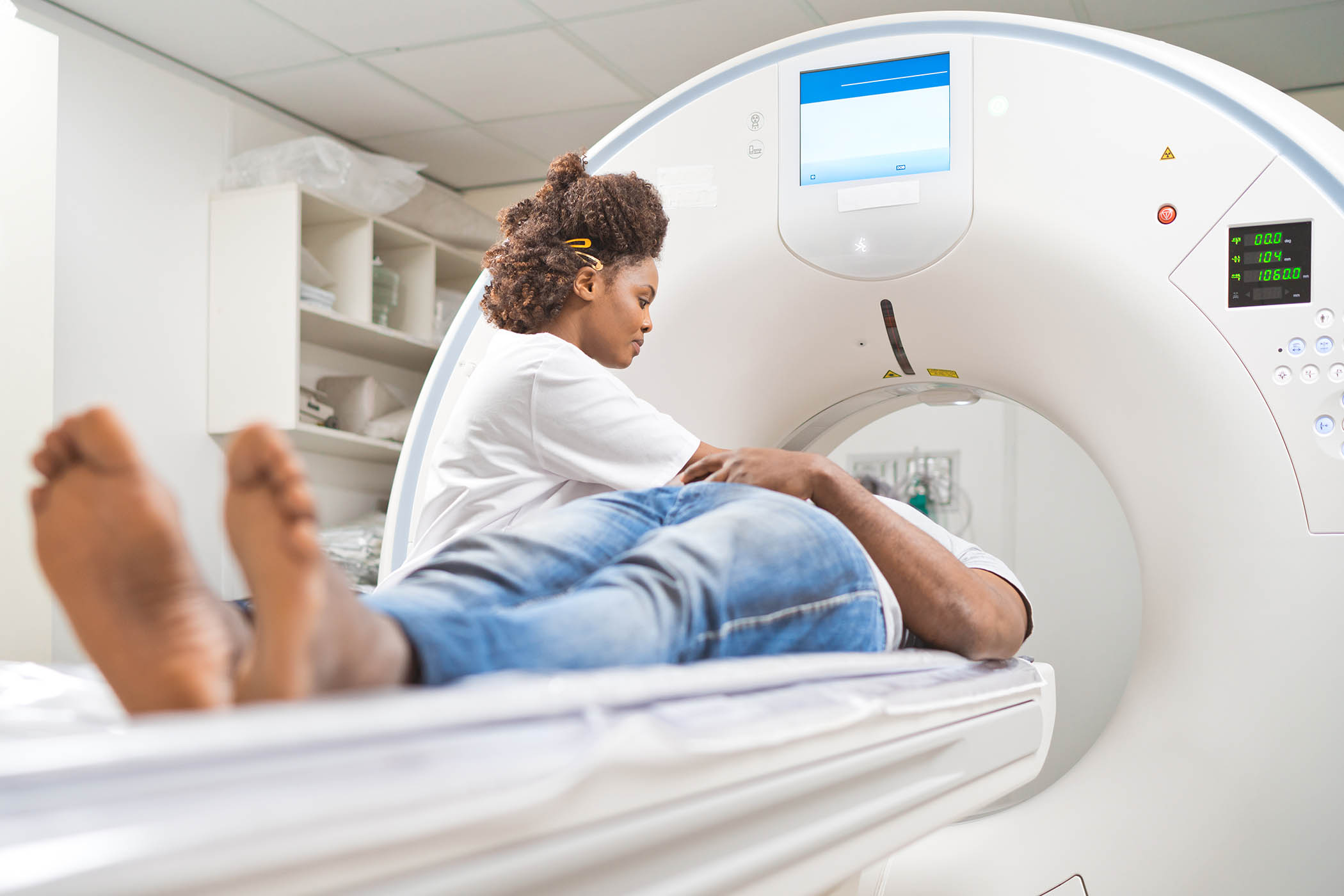Organ donation is in crisis. Right now, around 8,000 people are waiting for a transplant – a record number. The number of donors, however, has been crashing: in the past year, 1,403 people gave their organs after dying, down 7% on the year before. As a consequence, many will die waiting for a phone call.
This dire state of affairs has been puzzling policymakers. Every adult is presumed to be a willing organ donor after death – unless they register to opt out (only a tiny fraction does). At the last count, in 2023, 2.5 million people – 3.7% of the population – had refused to give consent. Most people support organ donation in principle. So why aren’t there enough organs to go around?
Until recently, those who wanted to donate their organs after death – or, less commonly, their skin or lungs – had to put themselves on the NHS Organ Donor Register. This great list is run by NHS Blood and Transplant (NHSBT), which is also in charge of matching and allocating organs, and keeping records, all under the watchful eye of the regulator, the Human Tissue Authority. But in 2020, MPs and campaigners succeeded in changing the law. Rather than having to chivvy people into signing up – raising awareness and pulling on heartstrings – they would simply make it the default.
That kind of nudge had worked brilliantly when it came to pensions: an “opt-out” system has almost doubled the numbers of employees saving for retirement. When the rules for organs were altered in England in 2020 – Wales adopted them in 2015 and Scotland in 2021 – expectations were high. “It was imagined as a gamechanging policy,” says Leah McLaughlin, a research fellow at Bangor University , who has written several papers on the effect of the law. “The reality hasn’t lived up to it.”
What’s the sticking point? There is growing evidence that it all comes down to families. Relatives still have the final say over whether someone’s liver or kidneys can be used after death, and they are increasingly saying no. Five years ago, family consent rates were 69%; last year the figure had dropped to 61%. And surveys suggest a common reason: they didn’t know what their relative wanted to do. Could it be that the opt-out system is having paradoxical effects? Now that people are presumed to be willing donors, are they having fewer conversations with loved ones about their decisions? It seems to add up, according to McLaughlin’s research. Most people automatically enrolled to the register “had not discussed their views and preferences” on the subject, one of her papers said. As a consequence, there were “gaps in all people’s knowledge”.
These are sudden, traumatic and often violent deaths. It’s extremely hard for relatives to decide what to do
These are sudden, traumatic and often violent deaths. It’s extremely hard for relatives to decide what to do
Leah McLaughlin, research fellow
The stress of such decisions is exacerbated, McLaughlin says, by the kinds of deaths that make organ donation possible in the first place – most donors are reasonably young and healthy. “These are sudden, traumatic and often violent deaths. It’s extremely hard for relatives to decide what to do.”
The number of people actively signing up to be donors has stagnated since the new rules were introduced – which means there has been little increase in the numbers giving clear signs of their intentions. That may be in part because fewer young people are driving – applying for a driving licence is one of the few points in their lives where people are routinely invited to register on the transplant list. But it may also be that they are less likely to sign up when they hear they are already automatically enrolled. One recent paper finds that opt-in systems that enrol everyone into postmortem donation can discourage living donors too. Researchers from the University of Nottingham looked at 24 countries and found these policies on average produced a 29% drop in living kidney donors.
Kidneys are by far the most needed organs – last year in the UK, 306 people died while on the waiting list. Livers are next, and then hearts and lungs, which are less common transplants as the body is more likely to reject them.
Related articles:
But finding enough donors is not the only problem with transplants. Organs are commonly matched with patients by algorithm, assigning them on the basis of need. But these are not always perfect.
The algorithm for allocating livers has been criticised. In 2022, it was redesigned to correct a fatal bias: for the previous four years, it had rarely allocated livers to patients with cancer, and deaths of those patients on the waiting list had increased. Last year, an investigation by the Financial Times found that, although the algorithm had reduced the number of deaths for patients on the waiting list, it had considerably increased waiting times for younger patients. A subsequent study published in the Lancet confirmed it was biased towards older patients.
Newsletters
Choose the newsletters you want to receive
View more
For information about how The Observer protects your data, read our Privacy Policy
That had a rationale: younger patients had survived for longer on the list. Even so, NHSBT says it is reviewing its algorithm and may introduce measures such as “quality of life”, which other parts of the NHS consider when allocating treatment.
As for increasing numbers of donors, it is keen to nudge more people into speaking to their families about what they want to do with their kidneys and livers after death. “Around 90% of people honoured their family members’ decision last year when they had either registered their decision to donate on the NHS Organ Donor Register or had spoken with their family about wanting to be an organ donor,” a spokesperson said.
It wants the topic on the school curriculum and media campaigns targeted at underrepresented groups, which include ethnic minorities. Organs for specific blood and tissue types can run short. Some, however, think families shouldn’t be involved, and the organ donor list should have legal status that cannot be overruled by relatives. “We are stuck in a language of consent,” says McLaughlin. “The whole idea of presumed consent was to take the burden from distraught families. My citizenship should be enough to declare me an organ donor.”
This fraught issue may look archaic in a few years. A pioneering clinical trial transplanting kidneys from genetically modified pigs into humans has begun in the US, after a man survived with one of these “xenotransplants” for nine months. Before campaigners and behavioural economists can solve the complex moral problem of organ donation, scientists could make it redundant.
Photograph by Phanie/Sipa Press/Alamy



